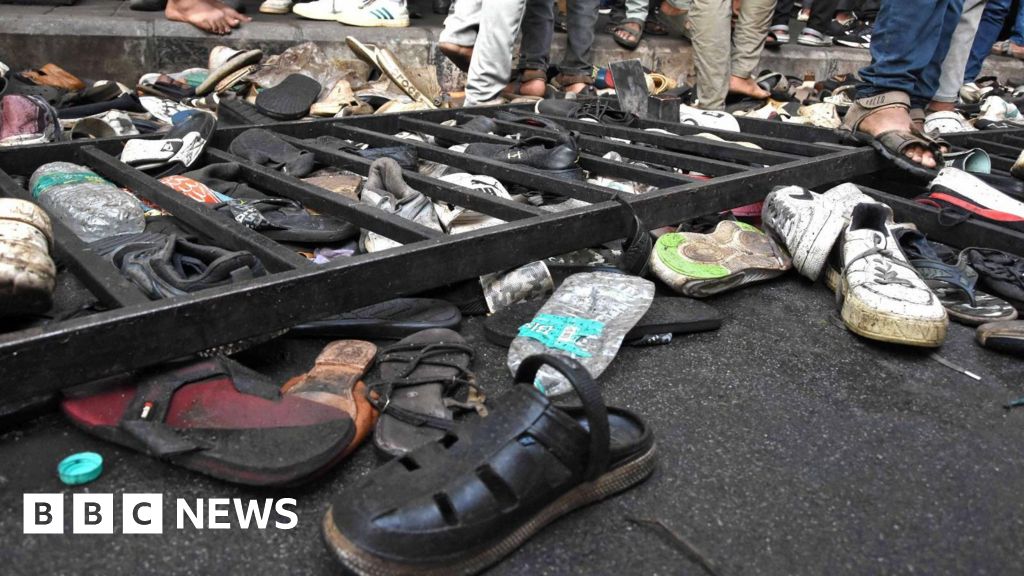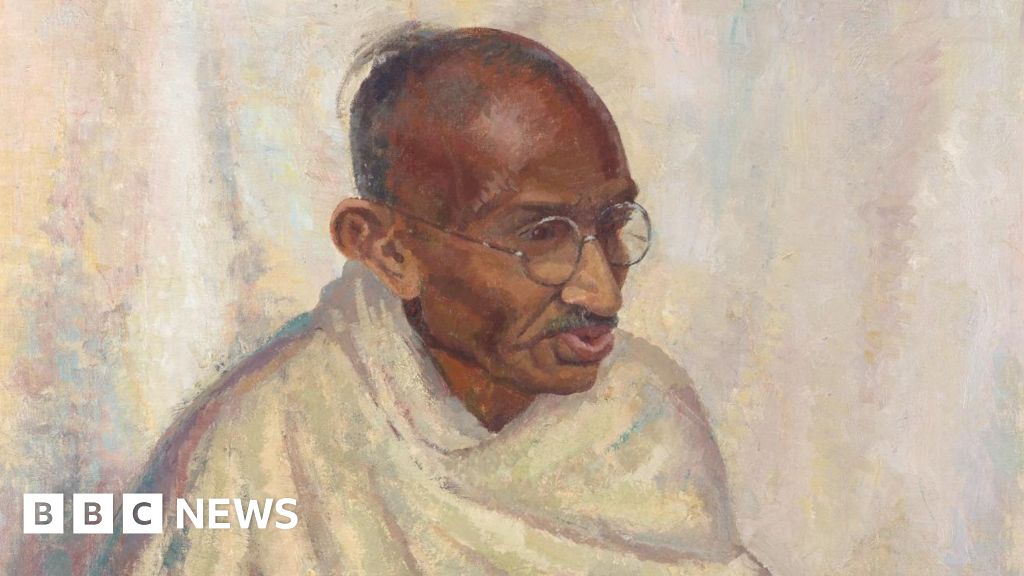- Innovation & Design
Trump-Putin call: Could it lead to a Russia-Ukraine ceasefire?
时间:2010-12-5 17:23:32 作者:Environment 来源:Football 查看: 评论:0内容摘要:, the second-biggest decline in a single year after a 6% drop in 2022., the second-biggest decline in a single year after a 6% drop in 2022.
VATICAN CITY (AP) — Pope Leo XIV, in remarks in 2012 when he was the Augustinian prior general in Chicago, made comments critical of what he called the “homosexual lifestyle” and the role of mass media in promoting acceptance of same-sex relationships that conflicted with Catholic doctrine.Reports about the 2012 comments emerged after Thursday’s election of U.S. Cardinal Robert Prevost to succeed Pope Francis; he took the name

The remarks were “disappointing,” said Francis DeBernardo of New Ways Ministry, a U.S.-based group that advocates for greater inclusion of LGBTQ+ Catholics in the church.“We pray that in the 13 years that have passed, 12 of which were under the, that his (Leo’s) heart and mind have developed more progressively on LGBTQ+ issues, and we will take a wait-and-see attitude to see if that has happened,” DeBernardo said in a statement.

provided to Catholic News Service, the news agency of the U.S. bishops conference, featured Prevost’s address to the world Synod of Bishops against the backdrop of images from popular TV series and movies.“Western mass media is extraordinarily effective in fostering within the general public enormous sympathy for beliefs and practices that are at odds with the gospel, for example abortion, homosexual lifestyle, euthanasia,” Prevost said.

He singled out “how alternative families comprised of same-sex partners and their adopted children are so benignly and sympathetically portrayed in television programs and cinema today.”
When he became a cardinal in 2023, Catholic News Service asked him if his views had changed.Those responses have the potential to affect school work and behaviors such as aggression, but to date there is no clear evidence of a direct relationship between food dyes and academic performance, violence or other mental and physical conditions, scientists say.
To date, scientific evidence shows that “most children have no adverse effects when consuming foods containing color additives,” according to the U.S. Food and Drug Administration, which regulates the dyes.KENNEDY on March 28 during a speech in West Virginia to encourage restrictions to the Supplemental Nutrition Assistance Program: “Twenty years ago, there was no diabetes in China. Today 50% of the population is diabetic.”
THE FACTS: Diabetes prevalence has gone up in China over the past two decades, driven by rising living standards, urbanization and an aging population. About 6.1% of the population had diabetes in 2001-2002, according to aBut that has only grown to to 12.4%, according to latest data included in a
- 最近更新
- 2025-07-07 07:09:21Palestinians say local gunmen and Israeli forces opened fire near Gaza aid site
- 2025-07-07 07:09:21Authors support BBC campaign to improve literacy
- 2025-07-07 07:09:21Australian comedian Magda Szubanski diagnosed with cancer
- 2025-07-07 07:09:21National parking platform seeks to end 'hassle' of multiple parking apps
- 2025-07-07 07:09:21Melania Trump says new revenge porn law will protect children online
- 2025-07-07 07:09:21Teachers can use AI to save time on marking, new guidance says
- 2025-07-07 07:09:21Butt-lift injector banned from carrying out procedures
- 2025-07-07 07:09:21Chinese paraglider survives accidental 8,000m-high flight
- 热门排行
- 2025-07-07 07:09:21to the Los Angeles wildfires this year
- 2025-07-07 07:09:21Young actors revealed for Harry Potter TV series
- 2025-07-07 07:09:219 age-smart ways to save on car insurance (that can apply to all drivers)
- 2025-07-07 07:09:21First Minister to host youth violence summit after knife murders
- 2025-07-07 07:09:21From savings to mortgages: Biggest winners and losers after latest Fed rate pause
- 2025-07-07 07:09:21Why Zia Yusuf's resignation matters for Reform UK
- 2025-07-07 07:09:21Ree Drummond’s Perfectly Baked Beans
- 2025-07-07 07:09:21'You can't find better people than Stokies'
- 友情链接
- The one thing Trump might be getting right ‘Need answers’: Will Sri Lanka’s Tamils find war closure under Dissanayake? Top Zimbabwe ambassador involved in gold smuggling scheme Musk commits to staying Tesla CEO for another five years Updates: Israeli troops fire on starving Palestinians seeking food in Gaza Can you find these Palestinian cities? Local communities vow to fight new Panama Canal reservoir EU vows to defend interests after Trump threatens 50 percent tariffs Trump administration to cut remaining US federal contracts with Harvard War of words: Russia’s Medvedev rebukes Trump over Putin social media post Ronaldo: Al Nassr star hints at Saudi Pro League exit Tigers, jaguars and elephants flee cartel violence in Mexico’s Sinaloa King Charles III warns, yet assures, as he opens Canadian parliament US Steel shares soar on Trump’s apparent blessing for deal with Nippon A pontiff from Chiclayo: How Peru is reacting to Pope Leo XIV Israel maintains minimal aid deliveries to Gaza amid hunger crisis DRC’s conflict demands a new peace model rooted in inclusion and reform Could AI help elderly people and refugees reconstruct unrecorded pasts? Democracy in East Africa is retreating. Here is how it can be saved Lando Norris wins F1 Monaco GP to close championship gap on Piastri Israel belongs in Eurovision Towns, Knicks stun Pacers in Game 3 of NBA East finals Local communities vow to fight new Panama Canal reservoir How much of a typical US household is made in America? Palestinians see plan to push them from land as Israel builds national park Ship carrying oil and hazardous cargo sinks off Kerala coast Chaos erupts as Palestinians rush to aid site after months of blockade Democracy in East Africa is retreating. Here is how it can be saved Netanyahu vows more aid sites in Gaza despite chaos in Rafah Trump administration to cut remaining US federal contracts with Harvard
